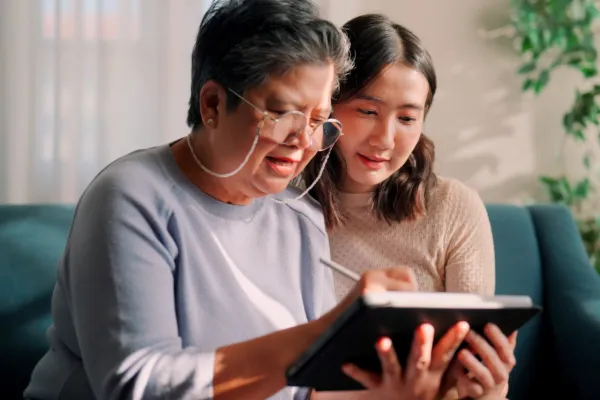Topics
Functions of ECPs or Morning-after Pills
Emergency contraceptive pills (ECPs) or morning-after pills are hormonal birth control pills meant to be used as a backup form of birth control during an emergency. However, they should not be relied upon as a regular method of contraception.
Let us understand how do ECPs function. Firstly, ECPs work by preventing ovulation. Ovulation is when the ovary releases an egg each month, which can be fertilised by sperm. Secondly, ECPs prevent fertilisation by thickening cervical mucus, which makes it difficult for sperm to reach the egg.
There may be no visible signs that the pill works. If you are concerned that the ECPs did not work, you may consider taking a pregnancy test. ECPs should only be used during emergencies as they are not designed to be used as regular birth control.
Effectiveness of ECPs
The success rate of ECPs is over 95% as long as it is taken within 5 days of unprotected intercourse according to the World Health Organisation (WHO). In general, ECPs are more effective the sooner they are taken or within 24 hours after unprotected sex or contraceptive failure.
Levonorgestrel (a commonly used morning-after pill) is slightly less effective than the ulipristal acetate pill in protecting against unwanted pregnancy.
As emergency contraception is not 100% effective, it is crucial to use birth control regularly to prevent unintended pregnancy. If you find yourself using emergency contraceptives frequently, do speak with a healthcare provider about your options for regular birth control (i.e. condoms, birth control pills, IUD) in addition to ECPs.
ECPs do not protect against sexually transmitted infections (STIs). If you have had unprotected sex or think you may have been exposed to an STI, get tested and treated as soon as possible. Using condoms and getting regular STI screenings are pertinent steps in protecting your sexual health.
Side Effects of ECPs
Like any medication, ECPs can also cause side effects, including:
- Nausea or vomiting.
- Breast tenderness.
- Lower abdominal pain.
- Fatigue.
- Headache and dizziness.
- Irregular bleeding or spotting between periods.
While emergency contraceptive pills are generally safe and effective, you should consult a doctor if:
- You are experiencing severe abdominal pain or heavy vaginal bleeding.
- Your next period is delayed or abnormal after taking the ECP.
ECPs Usage Guide
Emergency contraceptive pills are usually available over-the-counter at most pharmacies and can be taken without a prescription.
Note that it is important to carefully read and follow the instructions on the pill package, as dosages and timing may vary depending on the brand.
You may need to take an ECP due to the following scenarios:
- You had unprotected vaginal sex within the last 5 days (120 hours).
- Your regular birth control method might have failed within the last five days, or you may have used your regular method incorrectly. Possible factors contributing to the failure:
- Forgot or missed a dose of combined birth control pills for two or more days in a row.
- Took a progestin-only pill more than three hours late.
- A condom was forgotten or broken during intercourse.
- The pull-out method failed (your partner accidentally ejaculated inside).
- Any method of birth control that was not used correctly.
Emergency contraceptive pills may cause changes to the menstrual cycle, including changes in the timing or flow of the menstrual period. As a result, some individuals may experience delayed periods for up to a week than usual after taking emergency contraceptives. This can be attributed to the hormonal effects of the pill. So, it is essential to give your body some time to adjust.
If you are concerned about abnormal changes in your cycle after three weeks of taking the pill, consider consulting your doctor.
Make an Appointment at Gleneagles Hospitals
As mentioned, it is vital to remember that the sooner emergency contraceptive pills are used, the more successful they will be. Talk to a healthcare provider about your questions and worries about the medication.
Get in touch with us to book an appointment with our team of gynaecologists today, or find out more about our Obstetrics and Gynaecology Services at your nearest Gleneagles Hospital.








